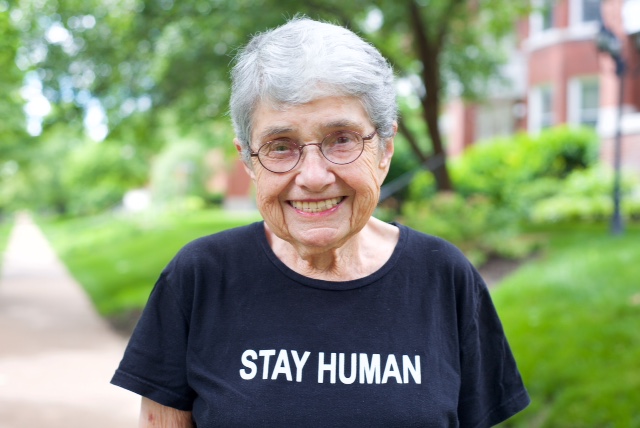Category: Press Releases
-
Rest in Peace Dear Hedy
26 May 2016 | St. Louis Palestine Solidarity Committee | St. Louis Holocaust survivor Hedy Epstein, 91, died at her home in St. Louis, Missouri, USA, on May 26, 2016. An internationally renowned, respected and admired advocate for human and civil rights, Hedy was encircled by friends who lovingly formed by the horrific experiences she and her…
-
Video : Demolished Home In Wadi Joz , East Jerusalem
https://www.youtube.com/watch?v=AMO1lIhzZyg&feature=youtu.be 21 May 2016 | International Solidarity Movement, Al-Quds team | Jerusalem, occupied Palestine The 14 members of Abu Sadam’s family remain homeless after their home was destroyed by the Israel Army in the early hours of Tuesday morning in the Hizbet area of Wadi Joz, Jerusalem. The family are calling for solidarity…
-
Abdullah Abu Rahmah to be Charged at Ofer Military Court
UPDATE 21ST May | ISM media team | Ramallah, Occupied Palestine The prosecution have until Sunday the 22nd of May at 4pm to appeal the military Judges order to release Abdallah Abu Rahmah. They are expected to do this and there will likely be retried tomorrow at Ofer Military Court . ———————————————————————————————————————— The military trial…

